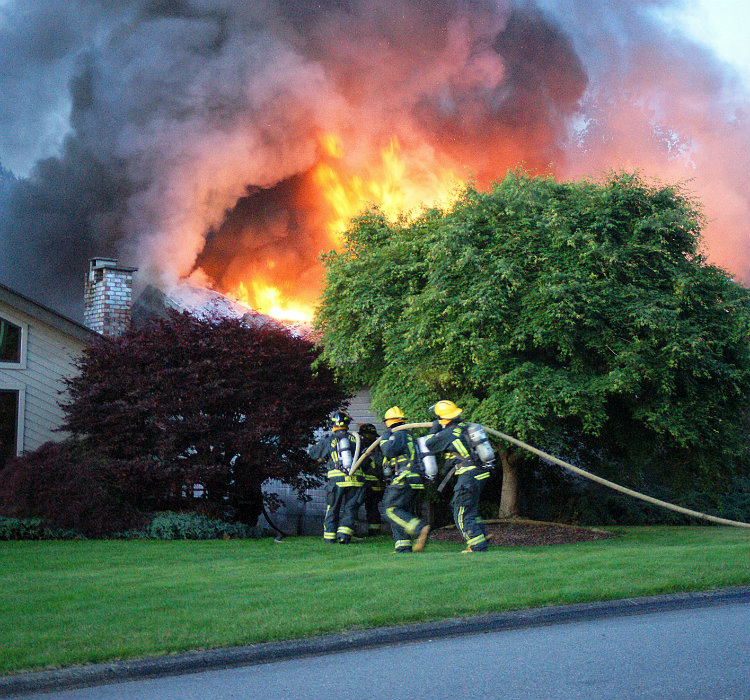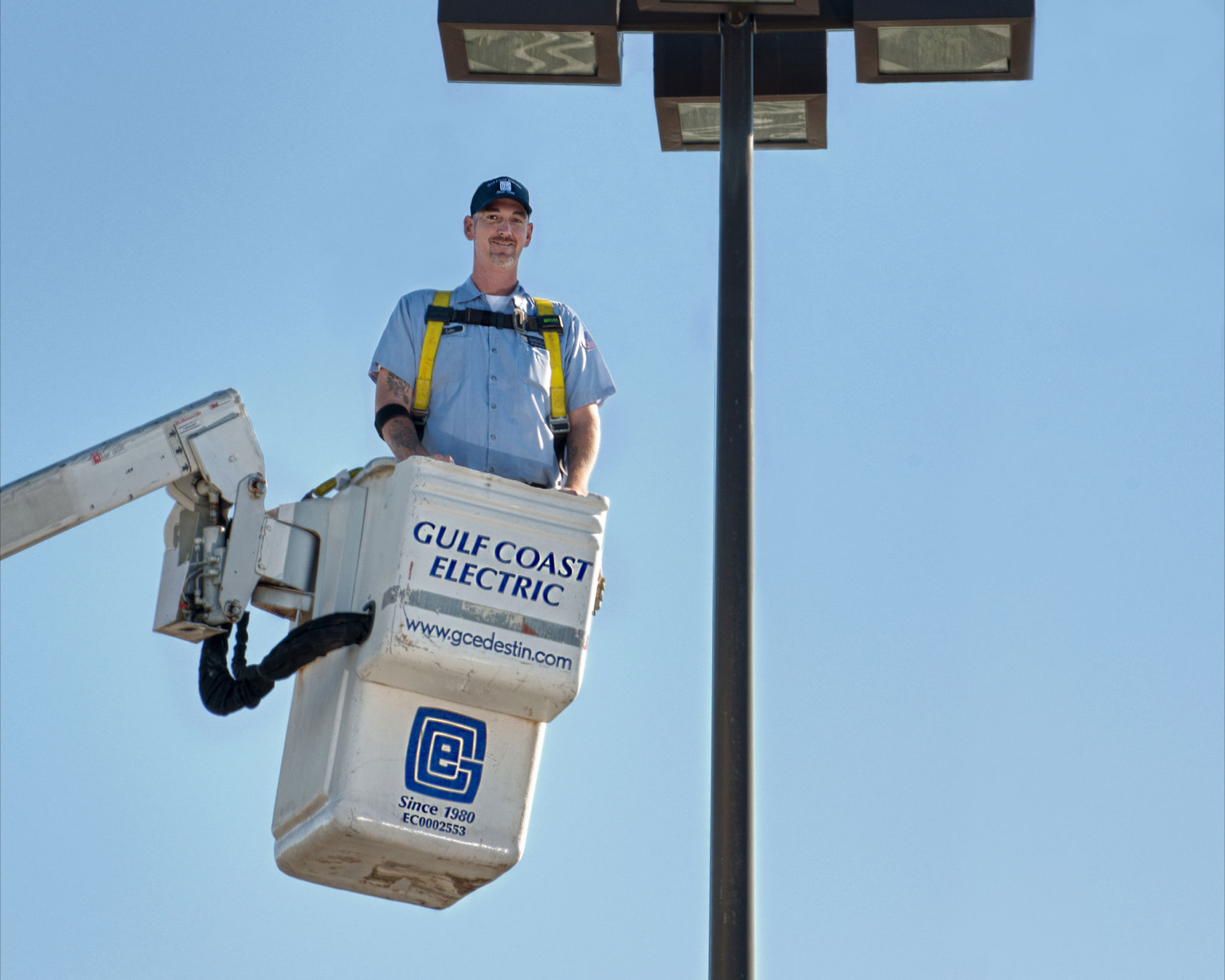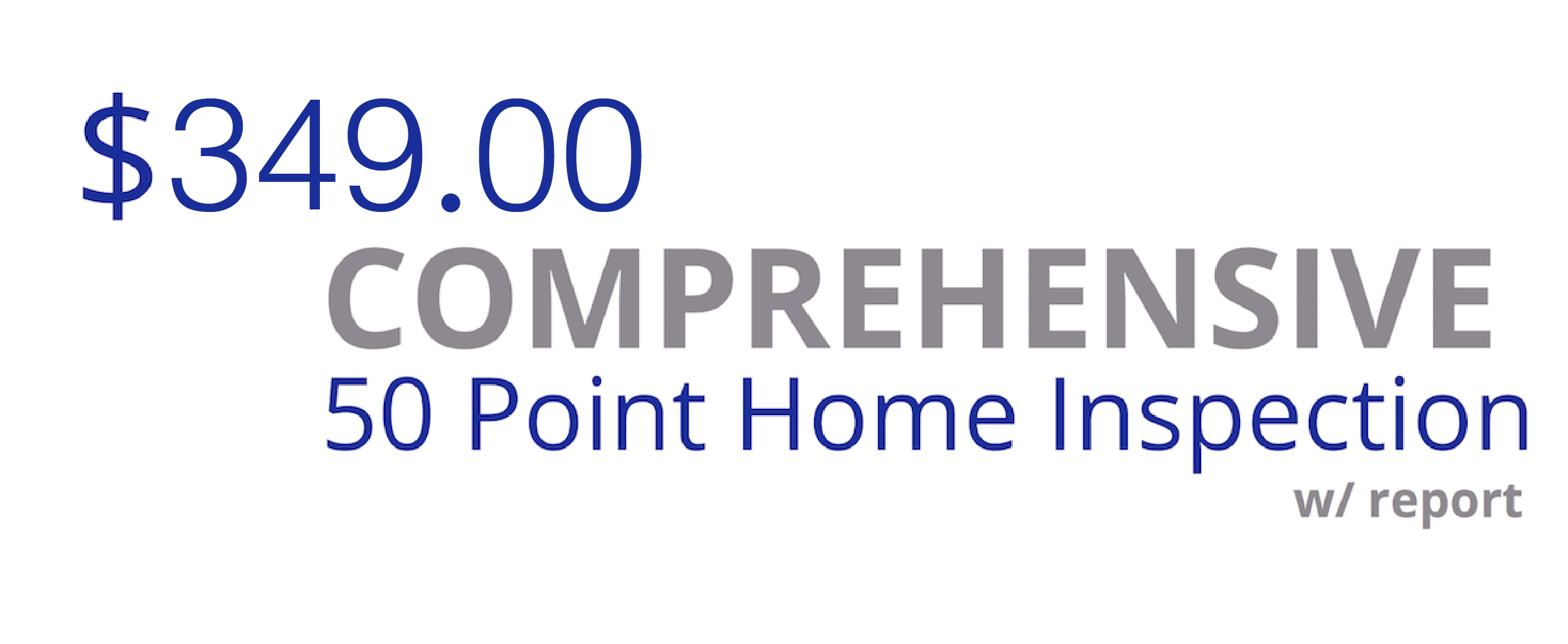Understanding The Danger Of Aluminum Wiring
If your home was built during the mid-1960s through the late 1970s, there’s a chance it contains aluminum wiring — and that could mean a hidden fire risk.
During this time, aluminum became a go-to alternative to copper due to soaring material costs, but what seemed like a cost-effective solution led to serious safety concerns. Decades later, many homeowners are still dealing with the consequences, from overheating connections to potential electrical fires.
Understanding the risks and knowing how to navigate them can help protect your home and family. Join our team at Gulf Coast Electric as we share what you should know about aluminum wiring.
Is Aluminum Wiring Safe?
The aluminum material of the wiring itself is not inherently dangerous, but improper installation can lead to serious issues. The main risks arise from:
- Expansion and contraction — Aluminum will expand and contract more than copper, loosening connections over time and increasing the risk of overheating.
- Oxidation — Exposure to oxygen causes aluminum to form an oxide layer, leading to poor conductivity and overheating.
- Incompatibility with older devices — Many electrical devices and connections were not designed to handle aluminum, leading to faulty connections and fire hazards.
- Softness of the metal — Aluminum is softer than copper and more prone to damage during installation, which can create weak spots that lead to electrical failure.
When Was Aluminum Wiring Banned?
Aluminum wiring wasn’t officially “banned,” but its use in branch circuits declined sharply by the late 1970s due to safety concerns. While it remains in use for larger circuits and appliances, it’s no longer widely used in residential wiring for outlets and switches.
How To Identify Aluminum Wiring In Your Home
If you’re unsure whether your home has aluminum wiring, there are a few ways to check. Start by looking at the electrical panel or wiring insulation for markings such as “AL” or “ALUMINUM.” You can also carefully inspect exposed wiring in areas like the attic, basement or junction boxes for signs of aluminum. However, we recommend contacting our team for a safe assessment.
If you’re uncertain or want to ensure your home’s safety, hiring a licensed electrician for a professional inspection is the best way to determine if your home contains aluminum wiring accurately.
What Can You Do About Aluminum Wiring?
If your home has aluminum wiring, you have a few options to lower the risks. These include:
- Pig-tailing — Adding short copper wire connections at outlets and switches using special connectors with oxide inhibitors. This method helps improve safety without rewiring the entire home.
- Replacing outlets and switches — Using Co/Alr-rated devices, which are designed to accommodate aluminum wiring, can significantly reduce risk.
- Full rewiring — The most comprehensive but expensive solution, this replaces all aluminum wiring with copper. This option is often required by insurance companies for policy coverage.
- Routine electrical inspections — Regularly scheduling inspections with a licensed electrician can help detect potential hazards before they become serious problems.
Ultimately, the best course of action for your home should be determined by a licensed electrician, ensuring your home’s needs are met safely.
Warning Signs Of Aluminum Wiring Problems
If you already have aluminum wiring, watch out for these warning signs that indicate potential issues:
- Flickering lights — Loose connections can cause lights to flicker or dim unexpectedly.
- Warm or discolored outlets and switches — Overheating can lead to melting or burn marks around electrical outlets.
- Burning plastic or electrical smells — A burning smell can indicate insulation melting due to overheating wires.
- Tripped breakers or blown fuses — Frequent trips may suggest loose or overheating connections.
- Sparks or small shocks when plugging in devices — These issues may indicate dangerous electrical arcing inside outlets.
To limit the risk of fire, don’t ignore signs of trouble. At Gulf Coast Electric, we can help you tackle your electrical concerns efficiently and safely.
Protect Your Home With Service You Can Trust
Aluminum wiring requires extra attention to prevent potential hazards like overheating and electrical failures. If your home was built between the mid-1960s and late 1970s, an inspection from one of our licensed electricians can help determine whether your wiring is safe or needs updating.
Addressing these risks now can enhance your home’s safety, improve energy efficiency and prevent costly repairs down the road. Don’t wait until a small issue becomes a major concern — schedule an inspection with Gulf Coast Electric today, and take the necessary steps to protect your home and family.











